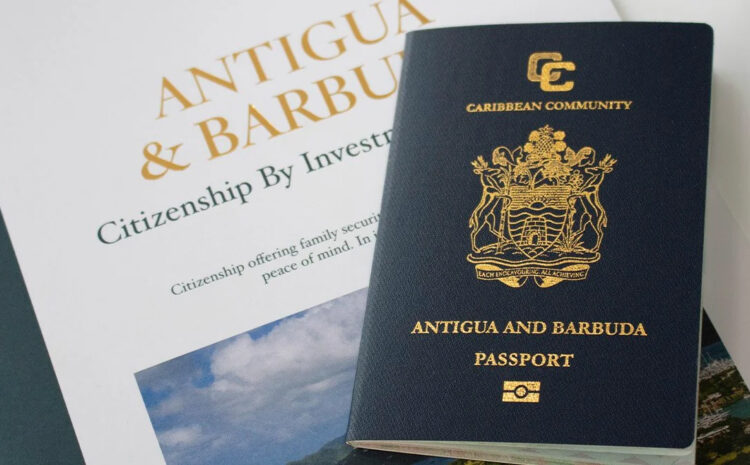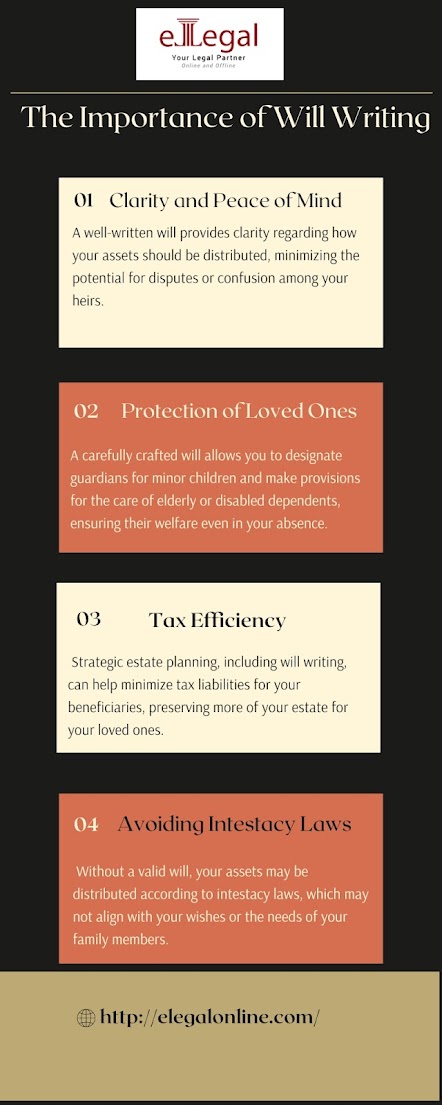 |
| Probate services Nigeria |
The loss of a loved one is emotionally challenging, and dealing with legal matters during such a period can be overwhelming. In Nigeria, probate services play a critical role in managing and distributing the estate of a deceased person. Understanding the probate process helps families avoid unnecessary stress, legal complications, and disputes. This article provides a complete guide to probate services in Nigeria, covering key concepts, procedures, timelines, and how professional help can make a difference.
What Is Probate?
Probate is a legal process through which a deceased person’s will
is validated and their estate is managed according to the terms of that will
(if it exists). If there is no will, the estate is distributed according to
Nigerian inheritance laws under the Administration of Estates Law or
applicable customary law.
The purpose of probate is to:
- Authenticate the will of the deceased (if available)
- Appoint executors or administrators
- Settle any outstanding debts or taxes
- Distribute the remaining assets to beneficiaries
When Is Probate Required in Nigeria?
Probate is necessary when:
- The deceased has left a valid will (testate)
- The deceased did not leave a will (intestate),
and there are assets to be distributed
Whether or not there is a will,
probate is legally required before the deceased’s properties (like land,
houses, bank accounts, shares, or vehicles) can be accessed or transferred.
Types
of Probate Services
There are generally two types of
probate services in Nigeria:
1.
Grant of Probate
This applies when the deceased left
a valid will. The executor named in the will applies to the probate registry to
obtain a Grant of Probate, which gives them legal authority to manage
and distribute the estate.
2.
Letters of Administration
This applies when the deceased did
not leave a will. In such cases, a family member or next of kin applies for Letters
of Administration to be appointed as the estate administrator.
Key Steps in the Probate Process in Nigeria
1.
Locating the Will
If a will exists, it is typically
lodged at the Probate Registry or kept by a trusted lawyer. The executor named
in the will is responsible for initiating probate.
2.
Application to the Probate Registry
The executor (or administrator)
applies to the Probate Registry in the relevant jurisdiction (usually
where the deceased lived). Required documents include:
- The original will (if any)
- Death certificate
- Inventory of assets and liabilities
- Completed probate application forms
3.
Publication of Notice
The Probate Registry publishes a
notice in the newspaper to invite objections from the public. This is to ensure
transparency and allow any objections or claims against the estate.
4.
Valuation of Estate
All assets are valued, and
appropriate estate duties or taxes are calculated. In Lagos State, the Probate
Registry works with the High Court to determine the estate’s value.
5.
Grant of Probate or Letters of Administration
If no objections are received and
the process is in order, the court issues either:
- A Grant of Probate (if there is a will), or
- Letters of Administration (if there is no will)
This document authorizes the
executor or administrator to distribute the estate.
6.
Distribution of Assets
The executor or administrator pays
any outstanding debts and distributes the remaining assets to the rightful
beneficiaries as per the will or inheritance law.
Timeline
for Probate in Nigeria
The duration of the probate process
in Nigeria depends on various factors, including the complexity of the estate,
presence of a will, number of beneficiaries, and whether disputes arise. On
average:
- Simple probate cases:
3 to 6 months
- Complex or contested estates: 6 months to 2 years
Delays are often caused by
incomplete documentation, family disputes, or legal objections.
Common
Challenges with Probate in Nigeria
1.
Lack of
Awareness: Many families are unaware that
probate is required to access a deceased person’s assets.
2.
Family
Disputes: Disagreements over property or
inheritance can slow down or derail the process.
3.
Forgery or
Multiple Wills: Cases of forged documents or
multiple versions of wills can lead to litigation.
4.
Delays in
the Court System: Bureaucratic procedures and
understaffing at probate registries often result in long delays.
5.
Untraceable
Assets: In some cases, beneficiaries are
unaware of all the assets owned by the deceased.
Why
You Need Professional Probate Services
Handling probate on your own can be
time-consuming and legally complex. Engaging a professional legal service or
probate consultant can:
- Ensure all legal requirements are met
- Help prepare accurate documentation
- Speed up the probate process
- Resolve conflicts with other beneficiaries
- Provide legal protection and peace of mind
eLegal Consultants offers reliable and professional probate services to guide
you through every step of the process—whether you’re dealing with a will or
seeking letters of administration. Their team helps you avoid costly mistakes,
meet legal deadlines, and settle estates with minimum stress.
Cost
of Probate Services in Nigeria
The cost of probate in Nigeria
includes:
- Legal fees
- Probate Registry fees
- Publication charges
- Valuation costs
- Estate duties
(taxes)
Probate Registry fees are usually
calculated as a percentage of the total value of the estate. Legal and
professional service fees vary depending on the law firm or consultant you
hire.
Frequently
Asked Questions (FAQs)
Q1:
Can I sell a deceased person's property without probate?
No. You must obtain a Grant of
Probate or Letters of Administration before selling or transferring
any property legally owned by the deceased.
Q2:
What happens if more than one will exists?
The most recent valid will is
recognized. If there is doubt or suspected forgery, the matter may be resolved
in court.
Q3:
What if the deceased had assets in different states?
You may need to obtain probate
resealing—a legal procedure that allows a grant issued in one state to be
recognized in another.
Q4:
Who can apply for Letters of Administration?
Usually the next of kin, such as a
spouse, child, sibling, or parent. In some cases, multiple family members may
apply jointly.
Q5:
Can probate be done online?
While the full process is not yet
fully digitized in Nigeria, some aspects—like form submissions or consultation
with legal experts like eLegalOnline—can be done virtually.
Final
Though
Probate services are essential for
the smooth and legal transfer of a deceased person’s estate in Nigeria. Whether
there’s a valid will or not, the law requires specific procedures to be
followed before assets can be distributed. While the process can be complex,
seeking help from experienced legal professionals simplifies the journey,
protects your interests, and ensures that the wishes of the deceased are
honored.
For families navigating this
difficult time, probate services offer not just legal support—but peace of
mind.
Need assistance with probate in
Nigeria? Consider reaching out to a trusted
legal advisor or professional service like eLegal Consultants in Nigeria
for confidential and efficient support.







